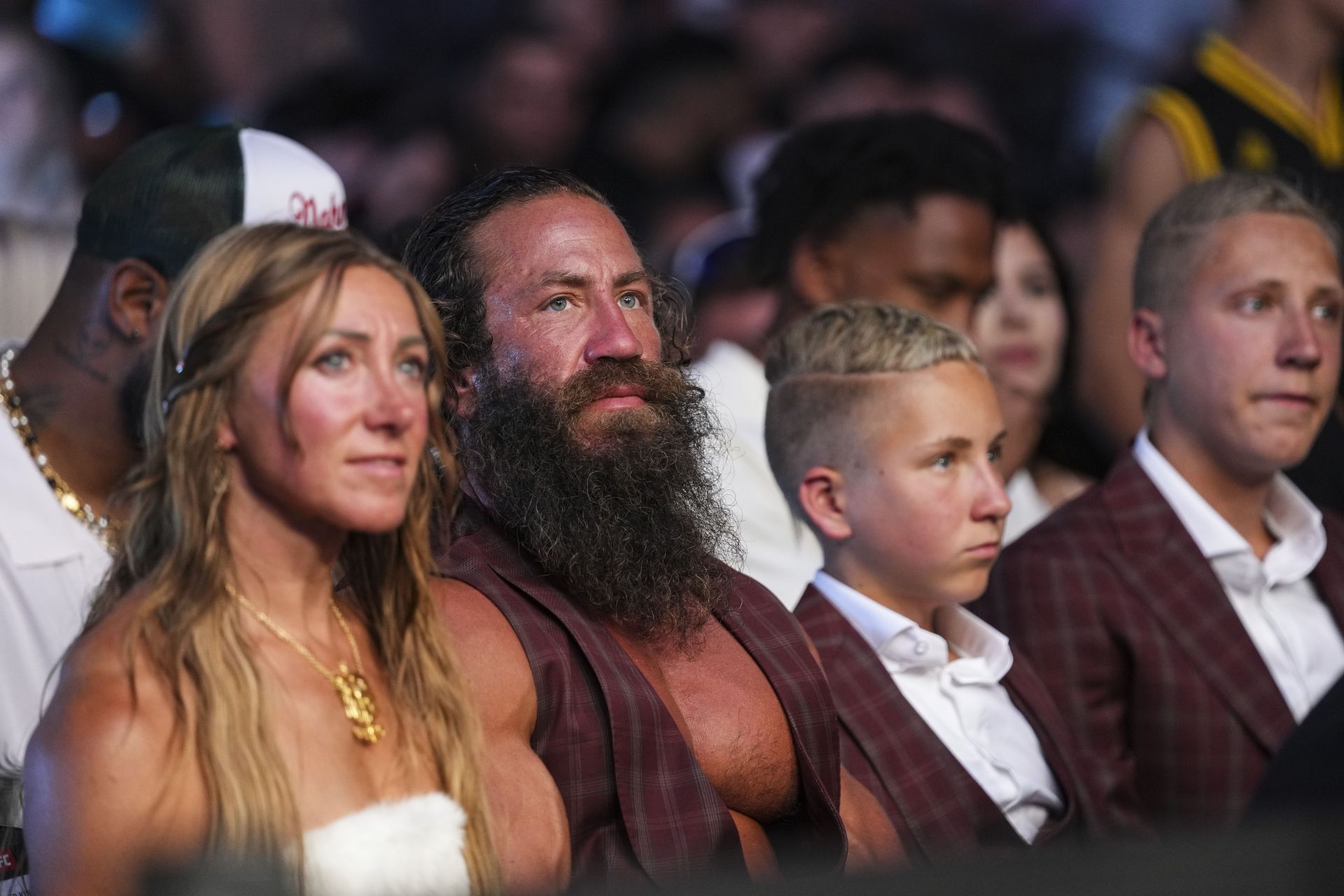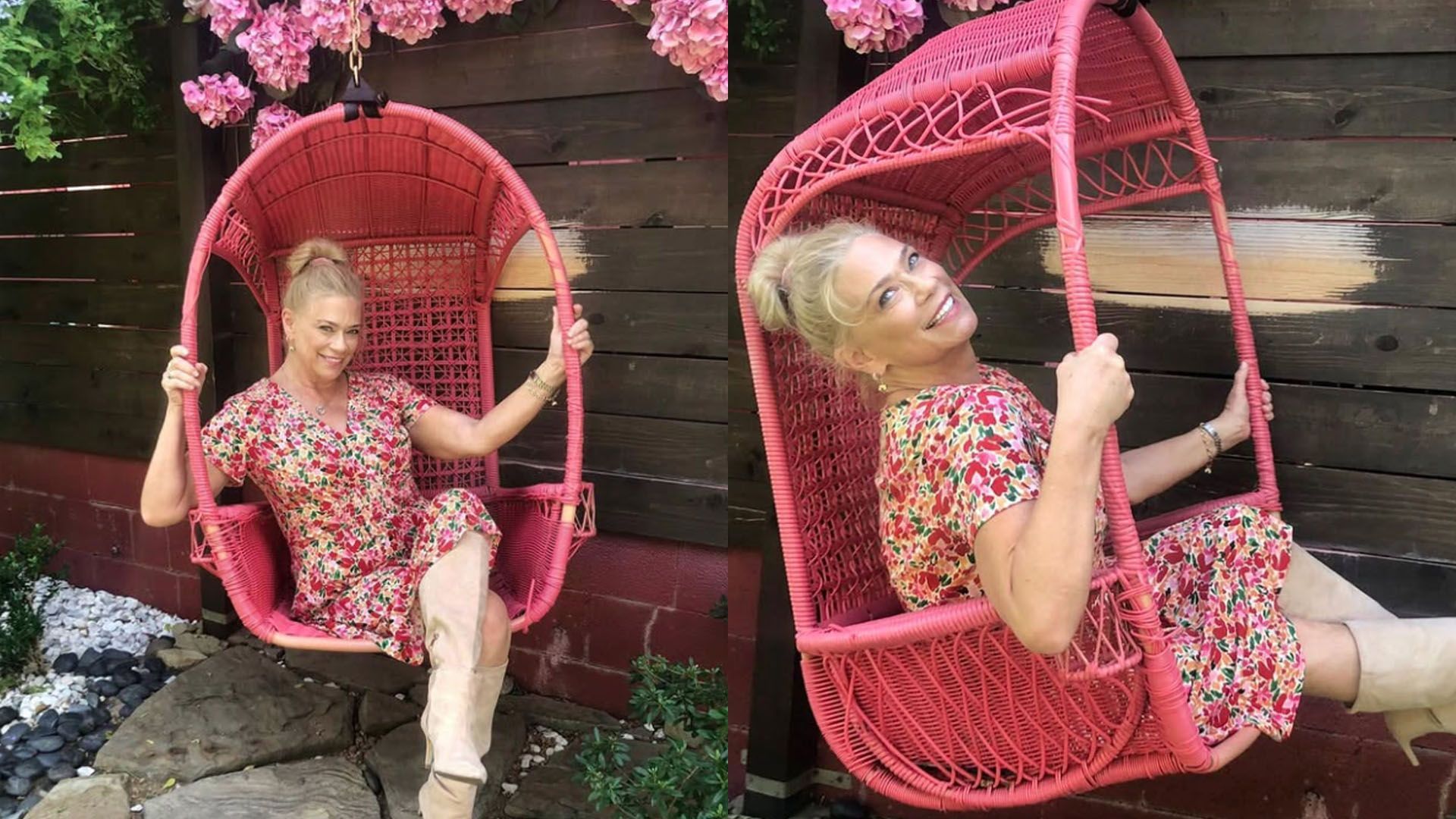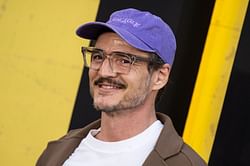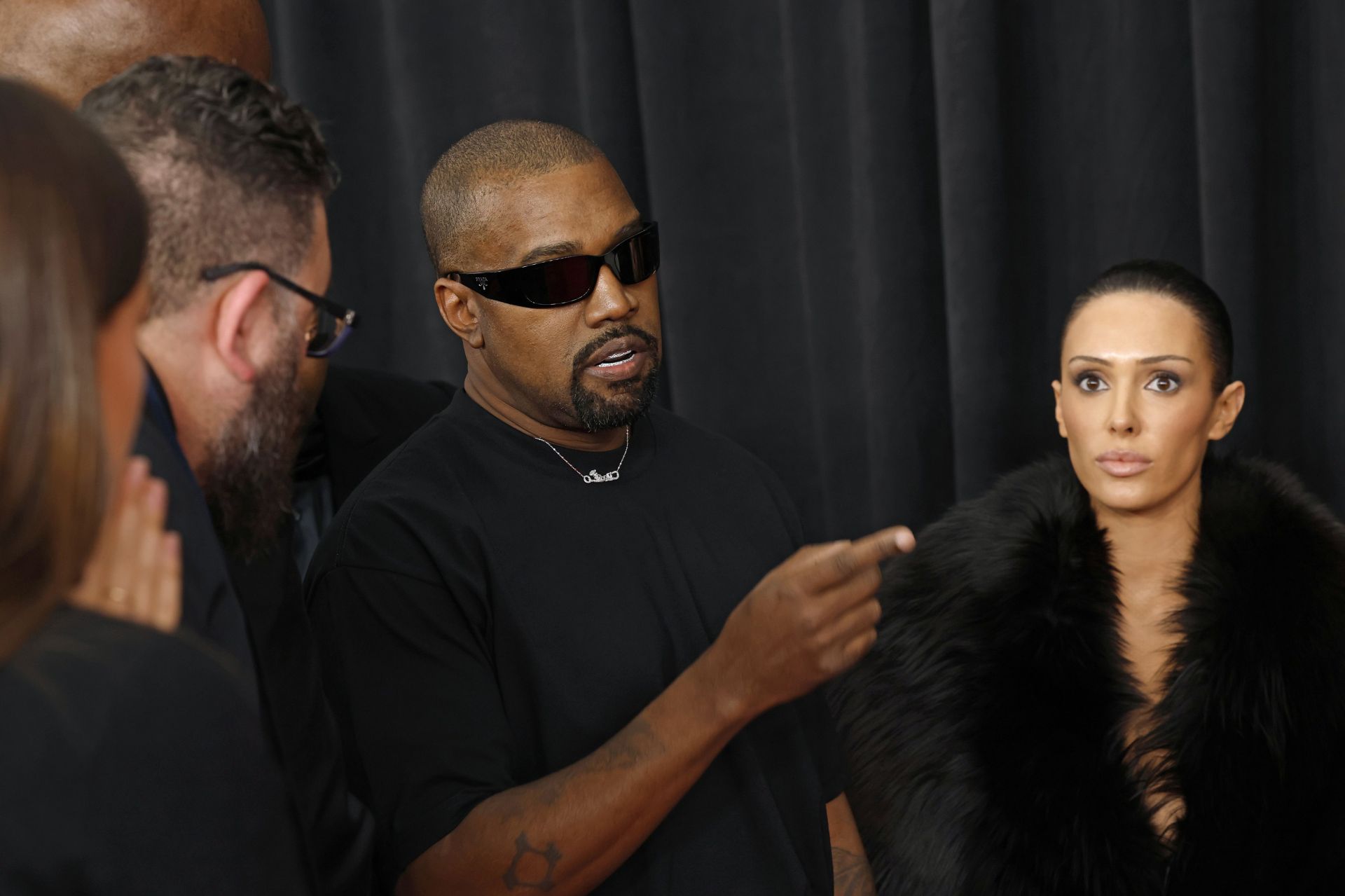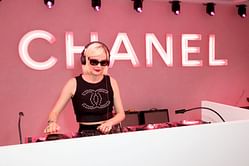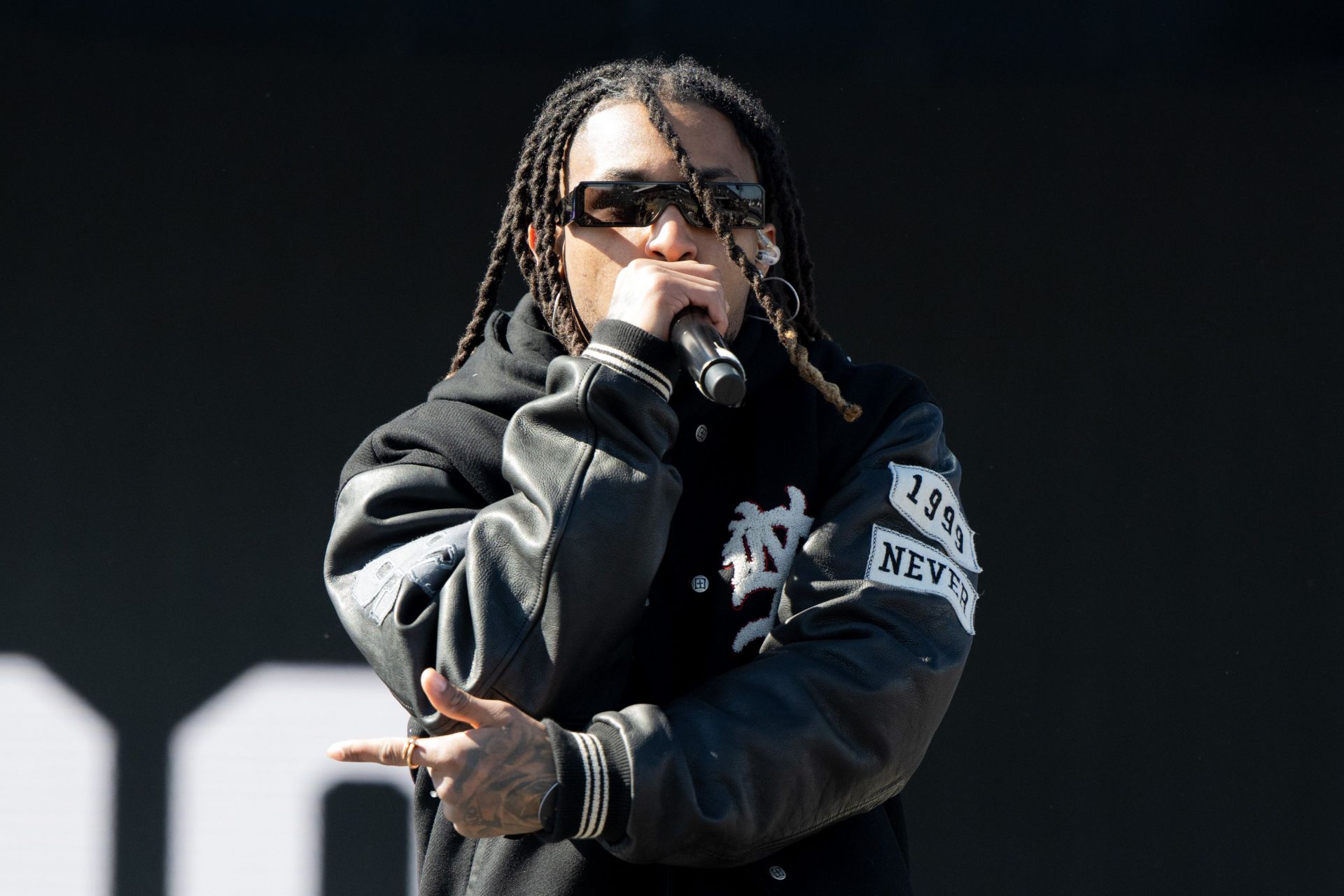
According to the Bloomberg Billionaires Index and Forbes, Elon Musk, who finalized his $44 billion takeover of Twitter on October 27-28, 2022, is currently the second-richest person in the world with a net worth estimated to be $180 billion as of 2023. But his real-time net worth may vary from $170 billion to even $190 billion at times.
Elon Musk's wealth is currently $31 billion less than that of Bernard Arnault, chairman of the French luxury conglomerate LVMH and the wealthiest person in the world with a net worth of $211 billion.

Musk, the 50-year-old founder and CEO of the electric car manufacturer Tesla and the rocket business SpaceX, was named the world's richest person in January of this year after Bloomberg estimated his net worth to be $223.5 billion.
According to Bloomberg, currently, “Mr. Musk attained the amount of riches, adjusted for inflation, earned by modern history's wealthiest individual”, but the amount has seen a sharp dip due to the steep decline of Tesla shares.
How did Elon Musk acquire Twitter?

Beginning on April 14, 2022, and ending on October 27-28, 2022, Elon Musk purchased Twitter. In January 2022, business tycoon Elon Musk started purchasing shares of Twitter.
On April 14, Mr. Musk announced his unexpected acquisition of Twitter, becoming the company's largest shareholder with a 9.2 percent stake, or 73.5 million shares worth roughly $3 billion.

His bid price of $54.20 per share constituted a profit of 38% over Twitter's stock's closing price on April 1, the final trading day before his stake in the business was made public.
Although raising $46.5 billion to support his attempt to acquire Twitter, Bloomberg said that Mr. Musk's net worth has been negatively impacted by a confluence of unstable financial markets, the Russia-Ukraine situation, and the COVID-19 epidemic.
Who is Elon Musk?

The billionaire is Canadian-American, was born in South Africa, and has ten kids. According to data gathered by Bloomberg, his share in the privately held SpaceX is worth around $40.3 billion. The US Securities and Exchange Commission is not a fan of Mr. Musk's practice of sending out tweets that have the potential to move the economy to generate interest in his companies.
After he tweeted that he holds the digital currencies and has no intention of selling them, Bitcoin, Ether, and Dogecoin experienced a brief uptick in value in March. In reaction, Bitcoin, which had dropped as much as 2.9% before Mr. Musk's post, erased its losses before falling once again. Dogecoin increased by 3.8%, while Ether gained up to 2.3% before losing part of its gains.

In November, when Mr. Musk asked his more than 80 million followers on Twitter if he should sell 10% of his ownership in the electric vehicle manufacturer, Tesla's shares plunged as much as 4.5% at the opening of trading in New York, after falling almost 7% before trading. Of the 3.5 million Twitter users who participated in the vote, a resounding margin (58%) chose “yes.”
When he sold his first business, Zip2, for more than $300 million in the 1990s, Elon Musk earned his first million dollars. Then, he started X.com, an online payment platform that eventually evolved into PayPal. In 2002, he sold X.com to eBay for $1.5 billion.
What did Elon Musk study?

Musk attended Pretoria Boys High School, Bryanston High School, and Waterkloof House Preparatory School before graduating. Musk applied for a Canadian passport via his mother, reasoning that it would be simpler to enter the country through this route.
He spent five months studying at the University of Pretoria while his petition was being processed, which enabled him to escape having to serve in the South African Defence Force. Musk entered Canada in June 1989 and spent a year in Saskatchewan, living with a second cousin while doing various jobs at a farm and a timber plant.

He started at Kingston, Ontario's Queen's University in 1990. He went to the University of Pennsylvania two years later and finished his studies there, earning a Bachelor of Science in economics from the Wharton School and a Bachelor of Arts in physics in 1995.
Two internships in Silicon Valley were held by Musk in 1994: one at the power storage firm Pinnacle Research Institute, which looked into electrolytic ultracapacitors for energy storage, and another at the Palo Alto-based startup Rocket Science Games.
He was granted admission to Stanford University's doctor of philosophy (PhD) in materials science program in 1995. Musk ultimately decided to join the Internet boom and submitted an application for a position at Netscape, but it is said that he never heard back.

